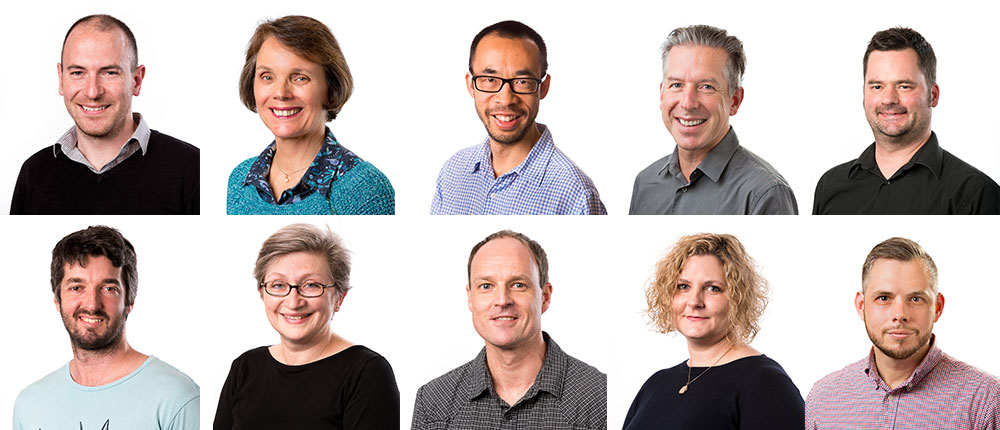11 Dec 2019
Doherty Institute researchers awarded $13.6 million by NHMRC
In an incredibly competitive National Health and Medical Research Council (NHMRC) grant round, Doherty Institute researchers have secured $13.6 million, including a $5 million Clinical Trials and Cohort Studies Grant to tackle the management of Staphylococcus aureus, more commonly known as golden staph.

In an incredibly competitive National Health and Medical Research Council (NHMRC) grant round, Doherty Institute researchers have secured $13.6 million, including a $5 million Clinical Trials and Cohort Studies Grant to tackle the management of Staphylococcus aureus, more commonly known as golden staph.
Led by Royal Melbourne Hospital Clinician Researcher at the Doherty Institute, Associate Professor Steven Tong, the Staphylococcus aureus Network Adaptive Platform trial (SNAP) will see the creation of a large scale, international clinical trial that will establish best practice and optimise care for patients with golden staph bloodstream infections.
“Golden staph is a bacterium that causes over 5000 bloodstream infections a year in Australia, with a mortality rate of 20 per cent, and yet despite these numbers, there is little evidence to guide best management,” Associative Professor Tong said.
“This grant brings together a global collaboration to conduct the largest ever clinical trial for Staphylococcus aureus bloodstream infections and address common questions around how to best treat these infections for patients all over the world.”
Doherty Institute Director Professor Sharon Lewin congratulated the successful recipients.
“With the new NHMRC funding scheme, it is pleasing to still see so many grants funded across the institute,” Professor Lewin said.
“This is indicative of the excellence of the research being undertaken here with successful grants spanning basic immunology, virology, nutrition, clinical trials and Aboriginal health.”
Despite these strong results, Professor Lewin said it was disappointing to see a lot of fantastic research not funded.
“I know that for all the successful grants funded, there are many investigators who missed out despite submitting great work and having spent a lot of time on the grant application,” Professor Lewin said.
Clinical Trials and Cohort Studies Grants
Associate Professor Steven Tong - $4,953,507
The Staphylococcus aureus Network Adaptive Platform Trial (SNAP)
Ideas Grants
Dr Adam Uldrich - $1,462,465
Recognition of phosphoantigen by gamma-delta T cells
Professor Elizabeth Vincan - $1,003,600
Adult stem cell-derived organoids: innovative models to elucidate signalling mechanisms in Wnt-addicted cancers
Associate Professor Christopher McDevitt - $955,960
Molecular basis of zinc acquisition by Streptococcus pneumoniae
Dr Glen Carter - $939,790
Mechanisms and Biological Impacts of Daptomycin Resistance in Vancomycin Resistant Enterococci
Dr Sarah Londrigan - $817,119
How macrophages regulate influenza virus infection
Associate Professor Thomas Gebhardt - $732,108
Understanding the immune mechanisms that keep melanoma in check
Professor Axel Kallies - $703,880
Understanding differentiation and function of intratumoral T cells
Dr Brad Gilbertson - $527,979
Identification of molecular factors that influence reassortment and the emergence of pandemic influenza viruses
Targeted Calls for Research
Professor Beverley-Ann Biggs - $1,508,143
Evaluation of a community-led nutrition and lifestyle program for weight loss and metabolic health: a randomised controlled trial.


